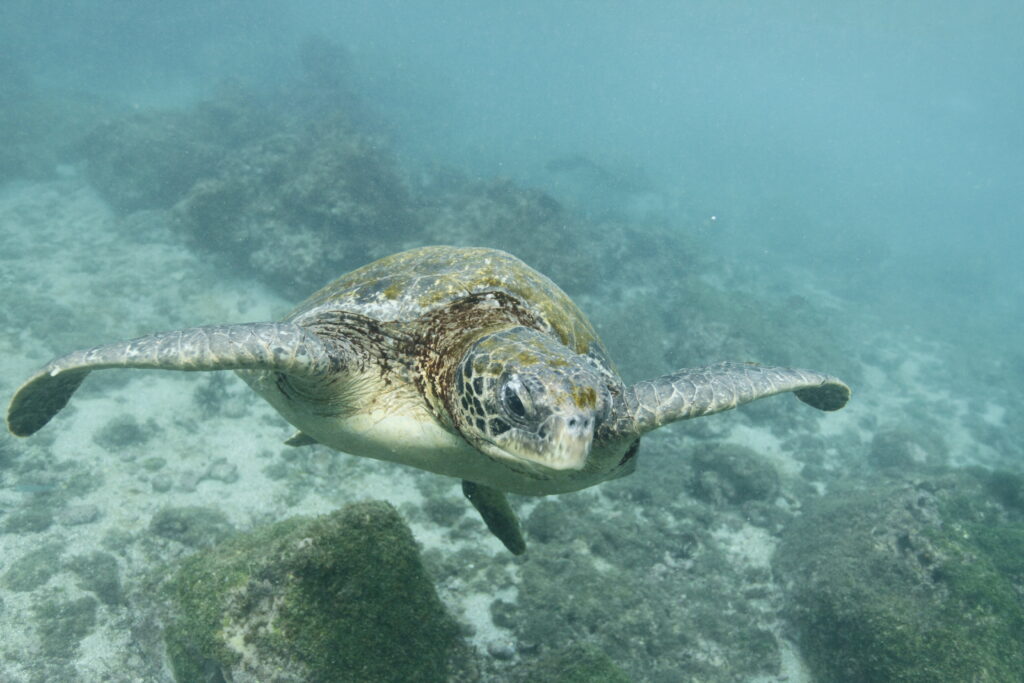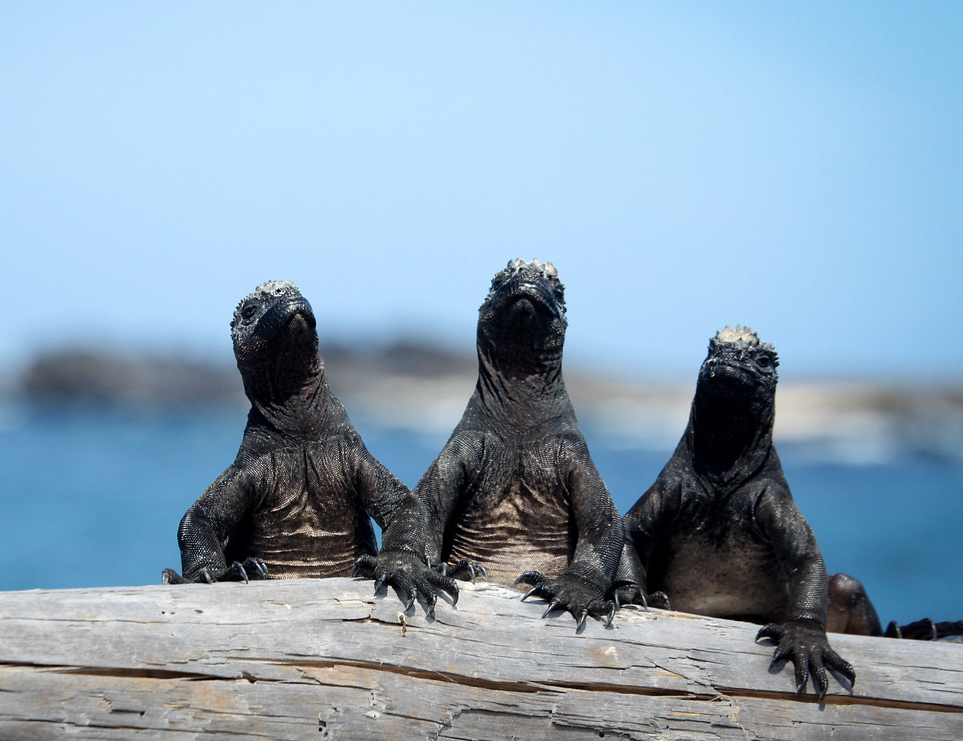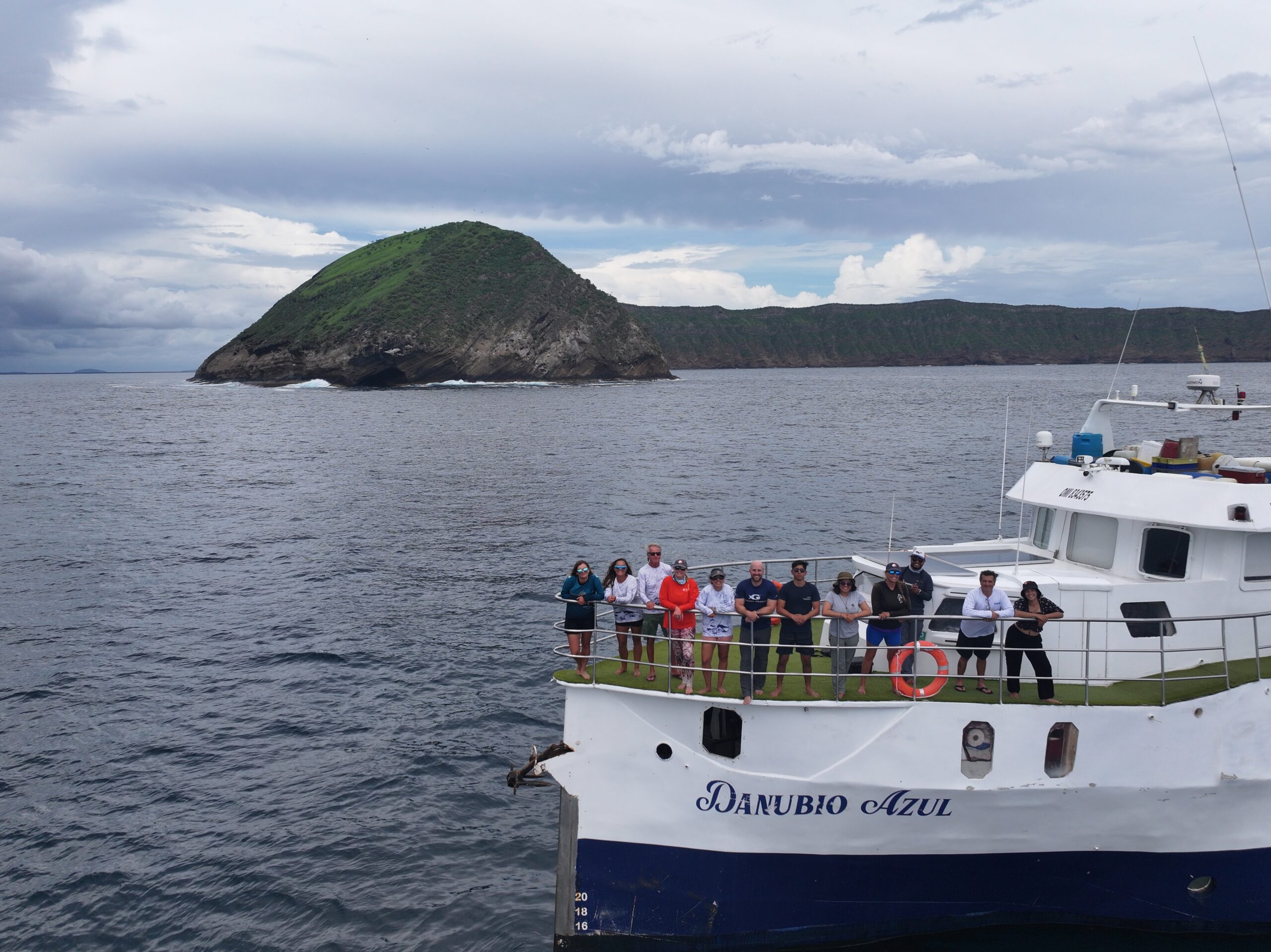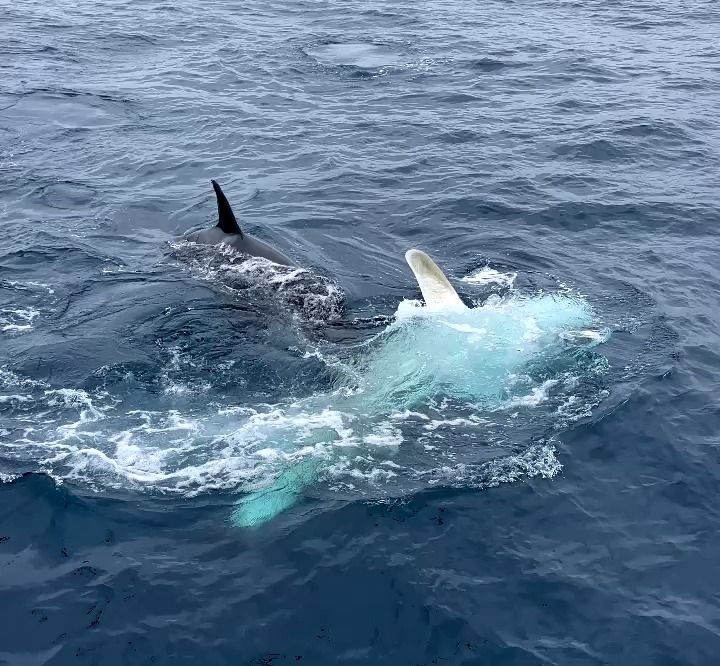A recent study has revealed an alarming decline in marine turtle populations in the Eastern Tropical Pacific. This research, based on over 35,000 dives conducted at Cocos Island, Costa Rica, over a period of 26 years, provides deep insights into the vulnerability of turtles to environmental pressures and predators.
The data collected showed that the relative abundance of marine turtles decreases by 26% each year. Factors such as rising sea temperatures and interactions with tiger sharks, one of the main predators of turtles, have been identified as key drivers of this trend. A mere 1°C increase in sea surface temperature can reduce turtle presence by 7%.
This research highlights the importance of marine protected areas and the need for greater protection for turtles in their marine environment, as they migrate across vast areas like the Galapagos and Cocos Islands. Although these areas are protected, turtles continue to face threats outside of these zones, such as bycatch in industrial fishing.
The study also underscores the crucial role of community science. Many observations were made by professional divers during tourist dives, demonstrating how collaborations between scientists and citizens can significantly contribute to the conservation of marine species.
These findings emphasize the urgent need for more effective measures to protect marine turtles, particularly in the context of climate change and fishing pressure. The information gathered from studies like this is essential for developing conservation strategies that can support the recovery of these vulnerable species.
Learn more on the link below:
https://conbio.onlinelibrary.wiley.com/doi/epdf/10.1111/csp2.13249






